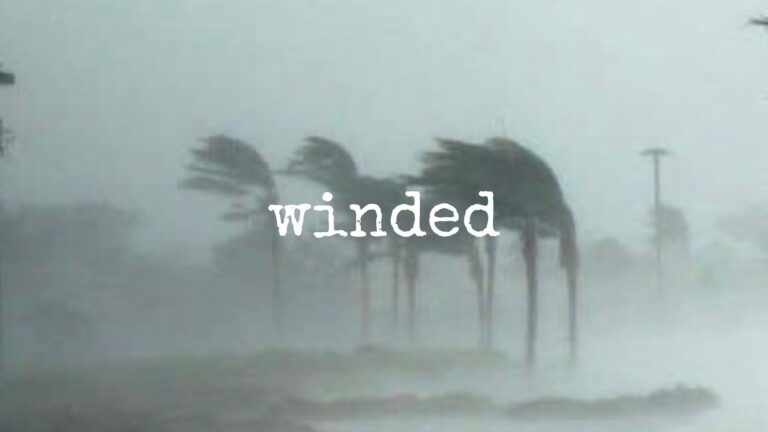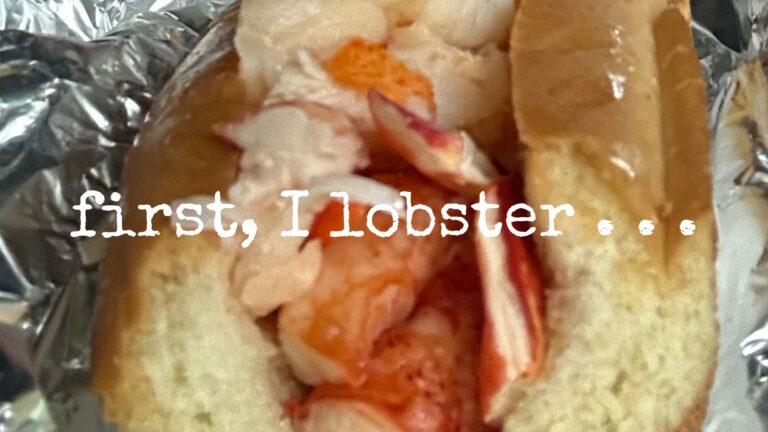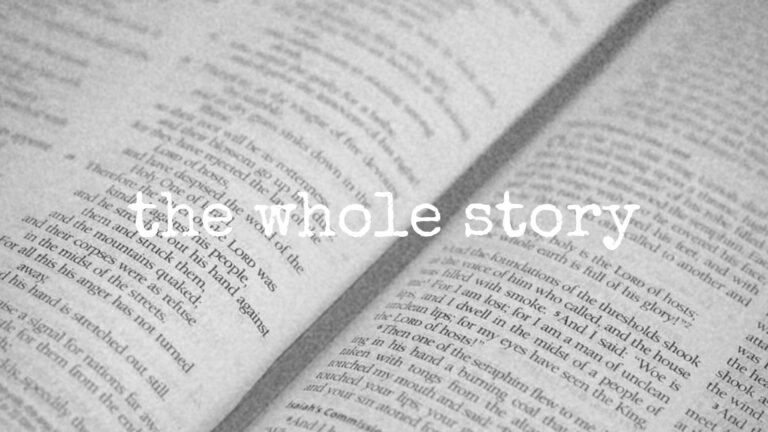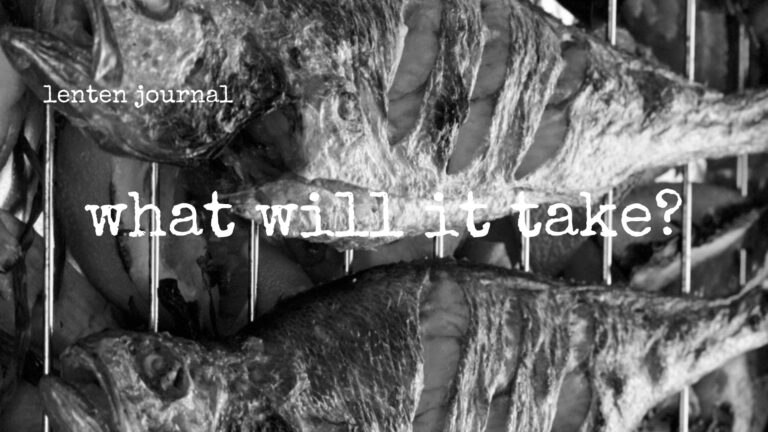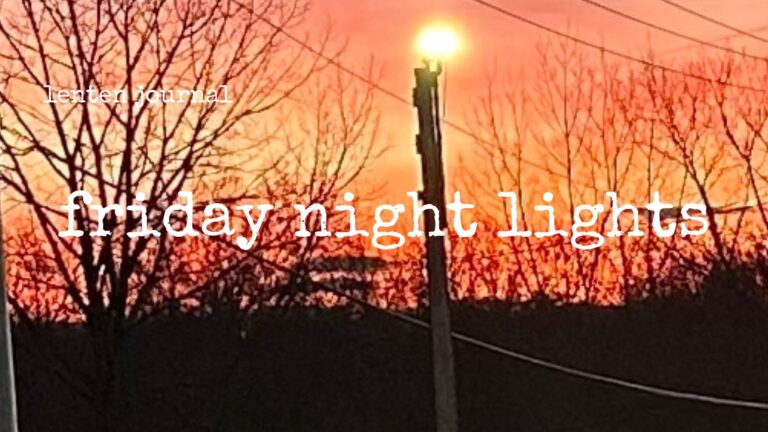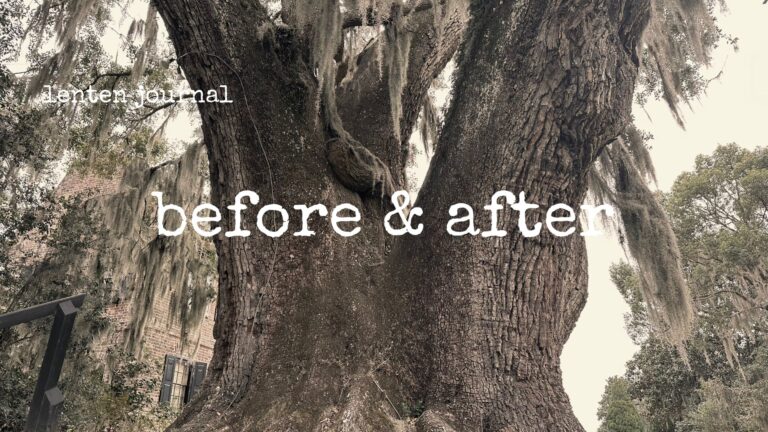This past Sunday was Pentecost in the Christian tradition, one of our major calendar events that has lots of layers to it. Here is what I found in the layers alongside of this story from Ezekiel.
_________________________
When we read the story of Jesus’ entry into Jerusalem on what we have come to call Palm Sunday, one of the things we talked about was that the people who lined the street and waved palm fronds didn’t really understand what the makeshift parade was all about.
As we celebrate what we have come to know as Pentecost, we would do well to see ourselves in them because this day has lots of layers to it. Most often we hear Pentecost described as the coming of the Holy Spirit or “the birthday of the Church.” I can see how those explanations have been passed down, but the Spirit of God was present long before the wind and fire lit up the crowd in Jerusalem; our story from Ezekiel tells us that. And those who followed Jesus had begun congregating before that day as well. Pentecost was not a beginning.
The stories go well together because both are filled with rich imagery. In Jerusalem, they experienced God like a rushing wind or a wildfire. As Ezekiel stood in a valley filled with corpses that had been dead so long they were dry and brittle, that same wind made a vibrant throng out of a dust bowl.
They are compelling to read and difficult to explain. I know because I have read several sermons and commentaries this week where people did their best to make sense of fire, wind, and dancing bones as images of God’s presence, and though some did better than others, I still came away feeling like you do when someone has to explain a joke: you may understand it better, but the explanation doesn’t make you laugh necessarily.
Then I spent the rest of the week trying to figure out how to talk about these stories of life without explaining them to death. They are both stories of surprise, and surprise only works for those who don’t see it coming. We have Pentecost on our calendar every year. All the explanation in the world will not give us the same experience that those in our stories had.
Nevertheless, I am going to explain one thing: The word in Hebrew for spirit, wind, and breath is the same word. In the first chapter of Genesis when our translations read, “And God said, ‘Let there be . . .’” could also have been rendered as, “And God breathed” or “And God blew.”
Those gathered at the Feast of Pentecost were on the cusp of a new thing. Ezekiel was a prophet who spoke to people who were oppressed and in exile far away from the land they called home. He didn’t know what to tell them. He could see nothing new. In both cases, the breath of God blew their hearts open.
The breath of God blew their hearts open.
Wind can be anything from a gentle spring breeze to a Nor’easter. Fires range from those that keep us warm in winter to those who devour acres and acres of forests. The spirit of God is comforting and disquieting, unsettling and life-giving. That’s a lot easier to say than it is to live with. What I mean by that is to say God is unsettling is, well, unsettling. We like feeling settled. We like to feel like we have some sense of control.
What are we to do with a God whose presence can feel like a whirlwind or a wildfire? How do we respond?
Those are question to live with, not answer.
Ezekiel had a vision of a valley full of dry bones, which is another way of saying a valley full of bodies that had not been buried well and who had been there a long time. We are not told if they were victims of war or famine. We do not know who they were. Whether it was a dream or an actual valley we don’t know because Ezekiel was a person who had a whole bunch of strange visions. He was, shall we say, colorful. Still, it was a vision of devastation.
When God asked him if the bones could live again, Ezekiel said, “You’re God; only you know.” And God took that as a prompt to breathe or speak the bones back into being in a scene that feels like something from Raiders of the Lost Ark: the skeletons assembled, then muscles reappeared, then skin, and finally the bodies themselves breathed.
What do we do with a God whose presence can feel like a whirlwind or a wildfire?
What do we do with a God who can bring life to places where death seems to have taken up permanent residence? What do we do with a God who dreams bigger than we do?
The questions are not theoretical. We spend our lives trying to meet our daily needs, surrounded by others who are doing the same thing. The swirling world around us feels like a tornado of tragedy; the bones keep piling up with news of wars and other devastations. Instead of speaking (and listening) to one another, much of our public discourse is screaming and yelling. The world feels like it is on fire, and we struggle to know how to live in the middle of it all, how to trust that God’s unconditional love can transform the way we live together.
Individually, we are our own valley of bones. We have lived long enough for the griefs to stack up on one another. Life feels like a legacy of losses at times. Collectively, we are overwhelmed by both the onslaught of information and the suffocating sameness of our broken world.
Perhaps today, as we imagine these scenes of the Spirit in both a city teeming with people and a valley layered with death, we do best to stop and pray—to breathe and listen and discern—that we might hear God speak in a language we understand, that we might feel our lives reanimated, that we might catch the breeze of blessing.
A few weeks back, I told you about the way Ginger begins her services in Guilford as she invites people to “breathe in the breath of God and breathe out the love of God.” This feels like a good moment to do that again, so I invite you to roll open your hands, roll your shoulders back; breathe in, and breathe out. Breathe in the breath of God. Breathe out the love of God.
Let us pray.
Loving God who breathed us into being, we fill our lungs with air, over and over, and yet we forget that you live in those very breaths, that your spirit is what gives us life. We do not have to wait for you to show up. You are who keeps us alive. You are the one who puts skin on our bones and love in our hearts. Help us to breathe deeply and to speak kindly so that our lives ignite love in the hearts of others, we pray. Amen.
Peace,
Milton
